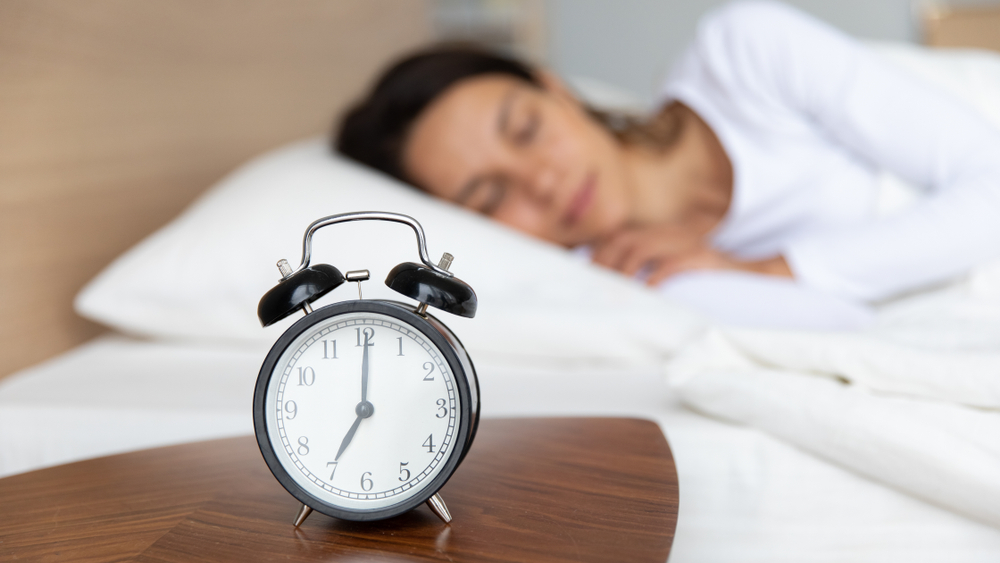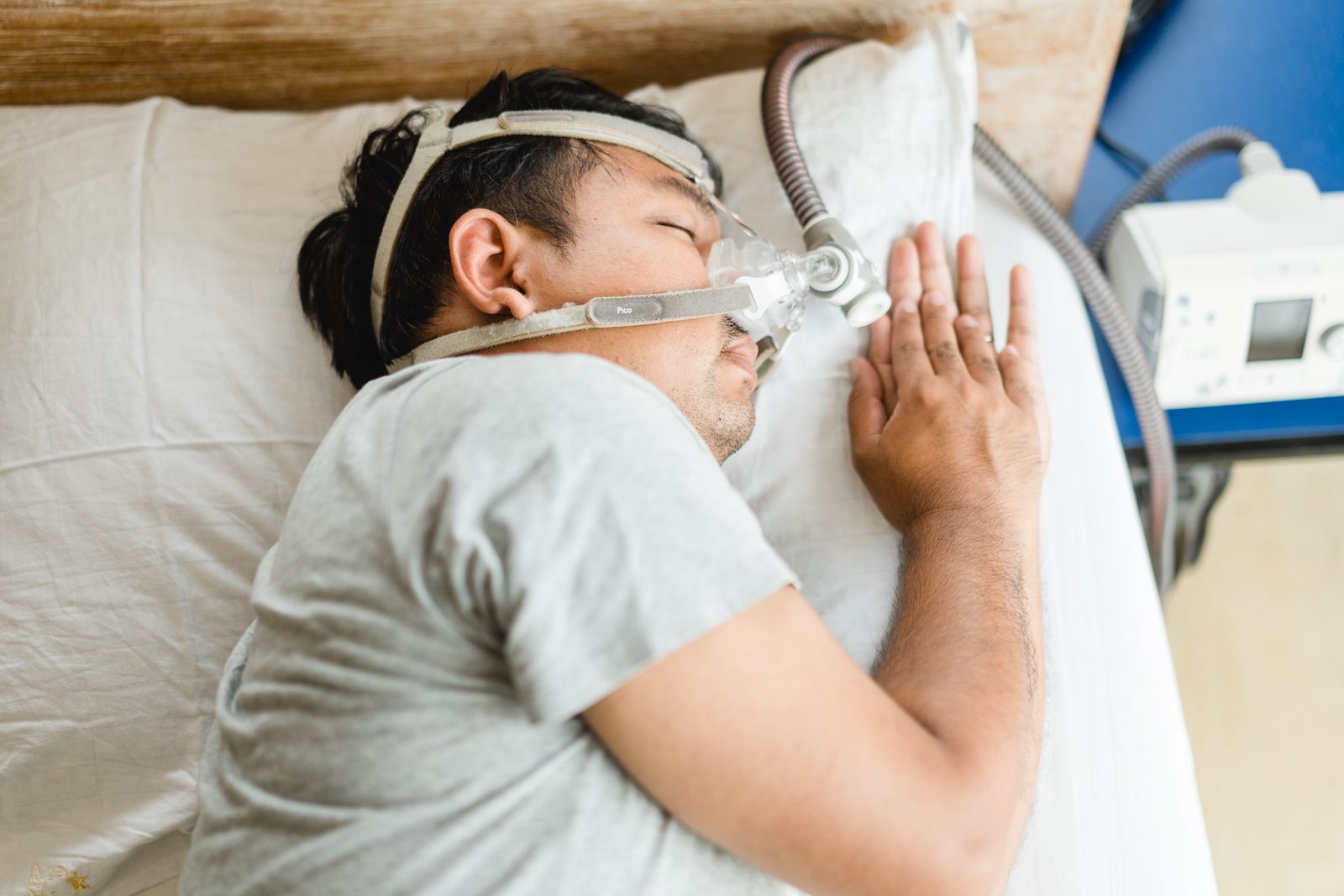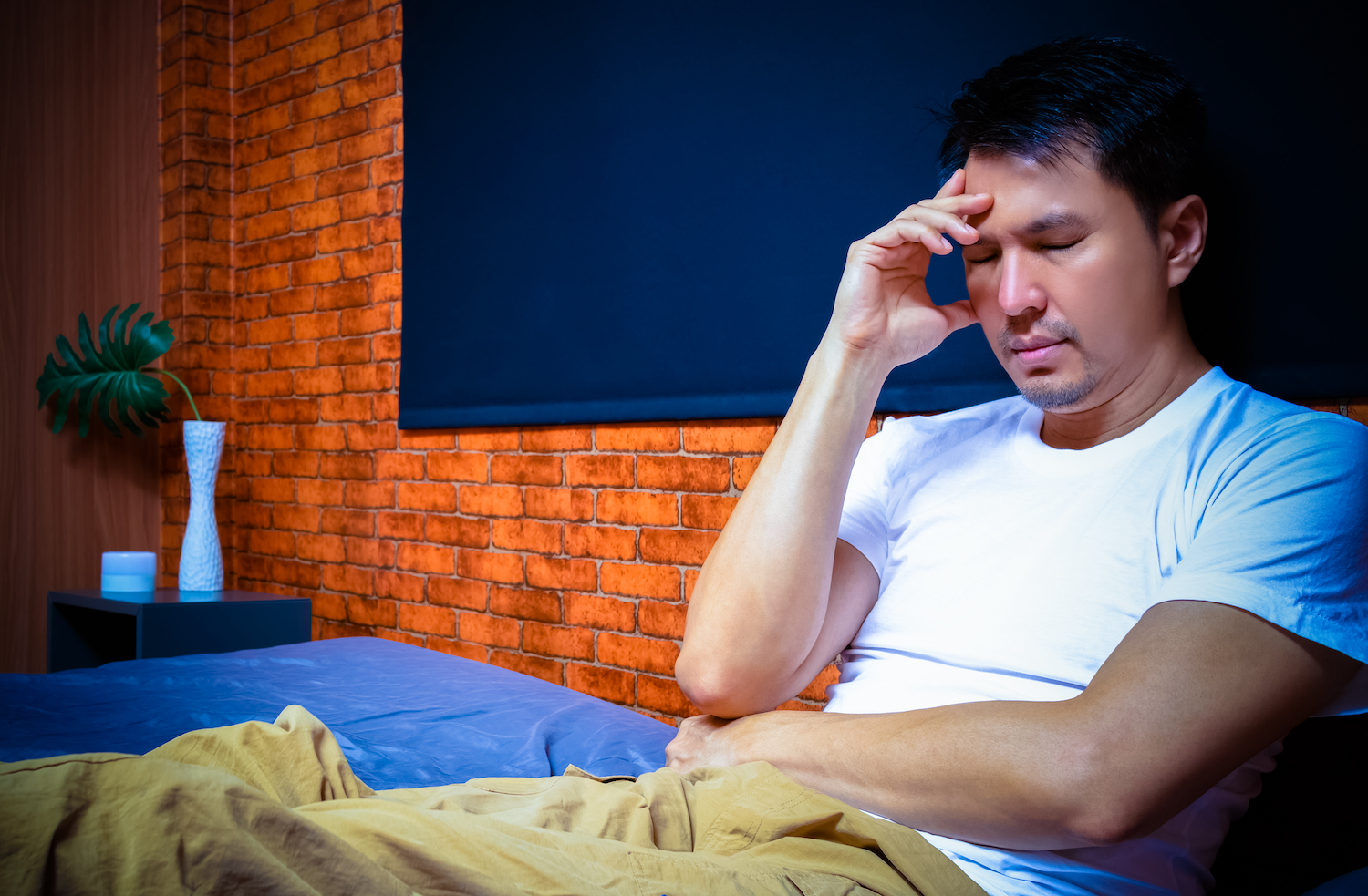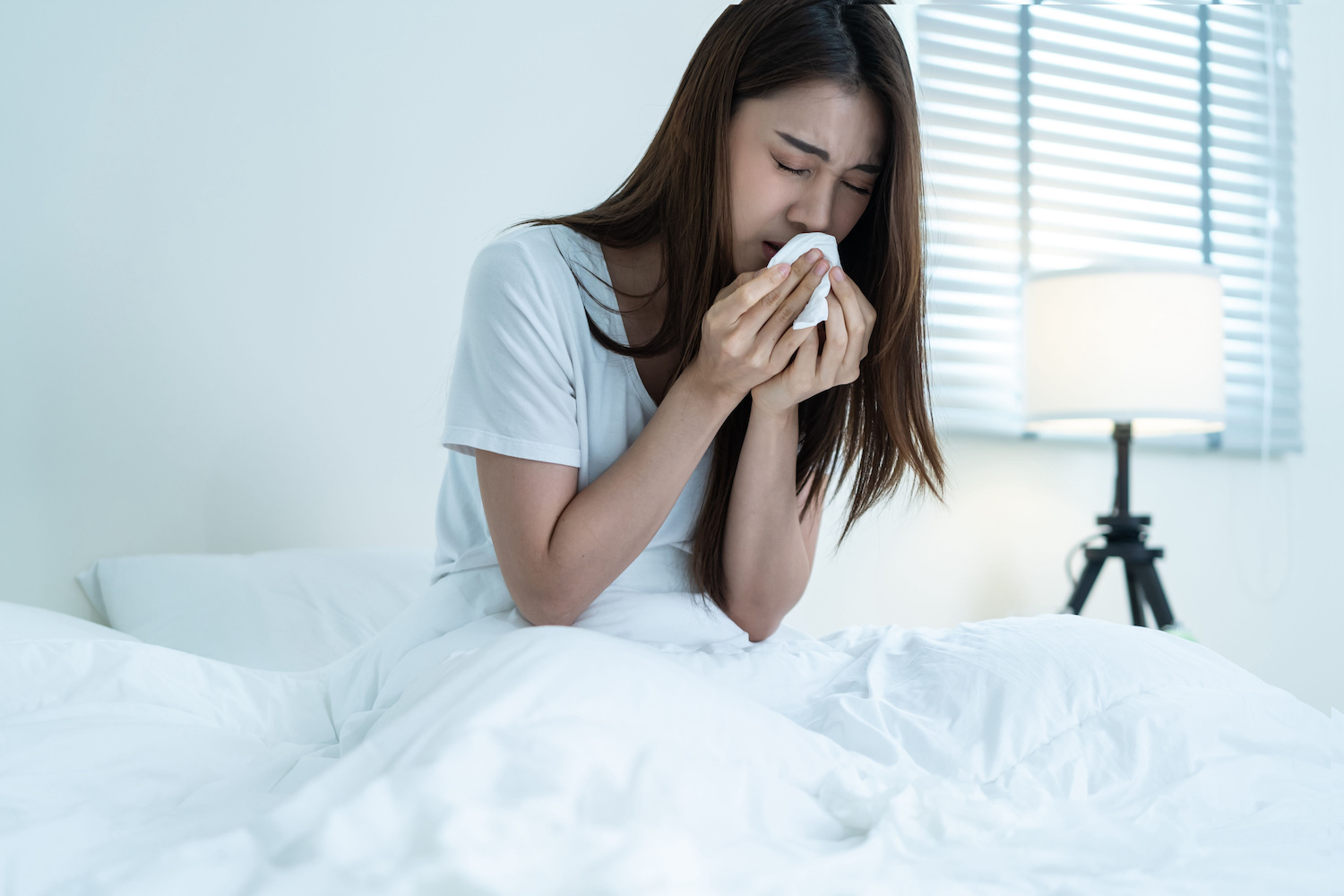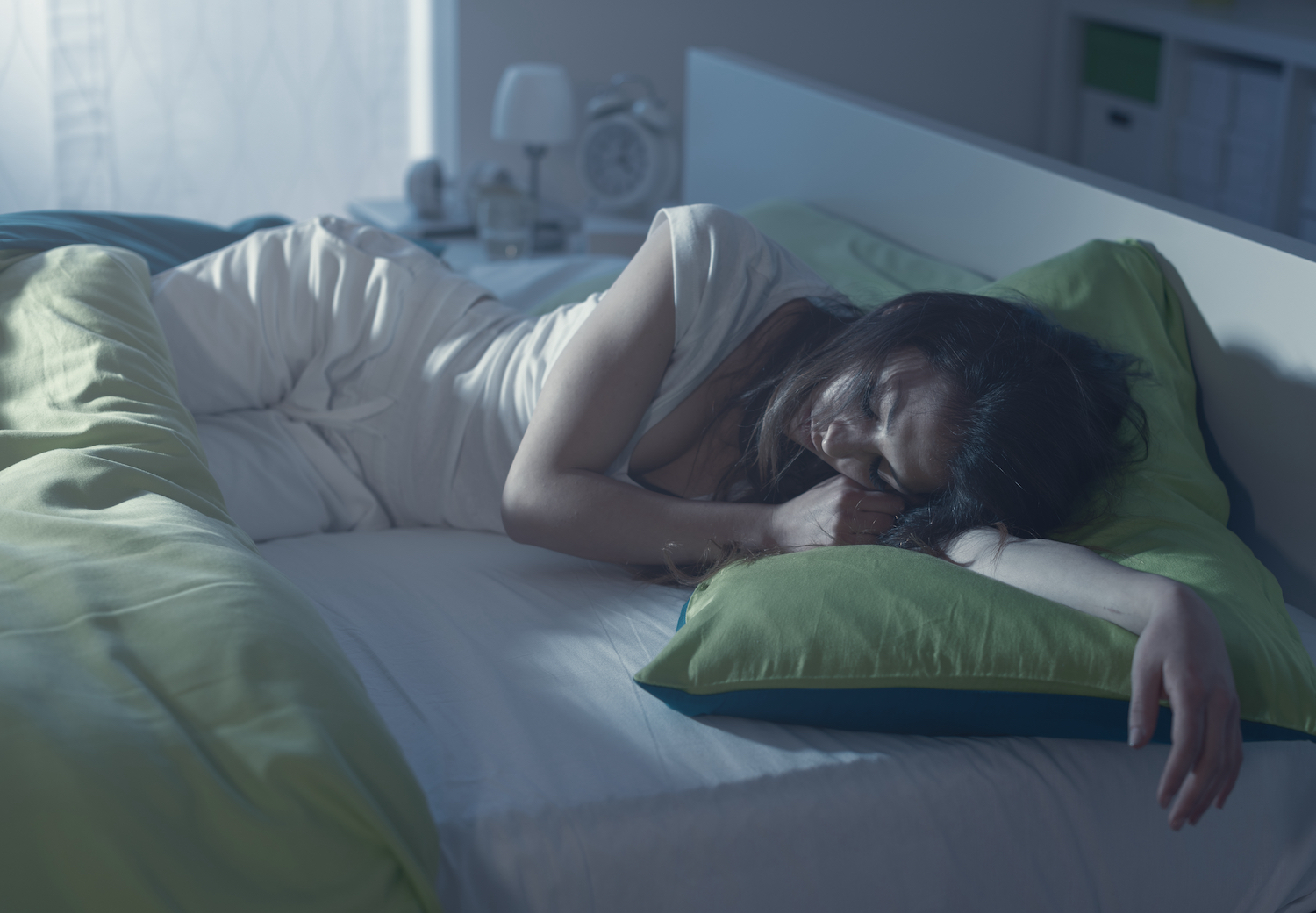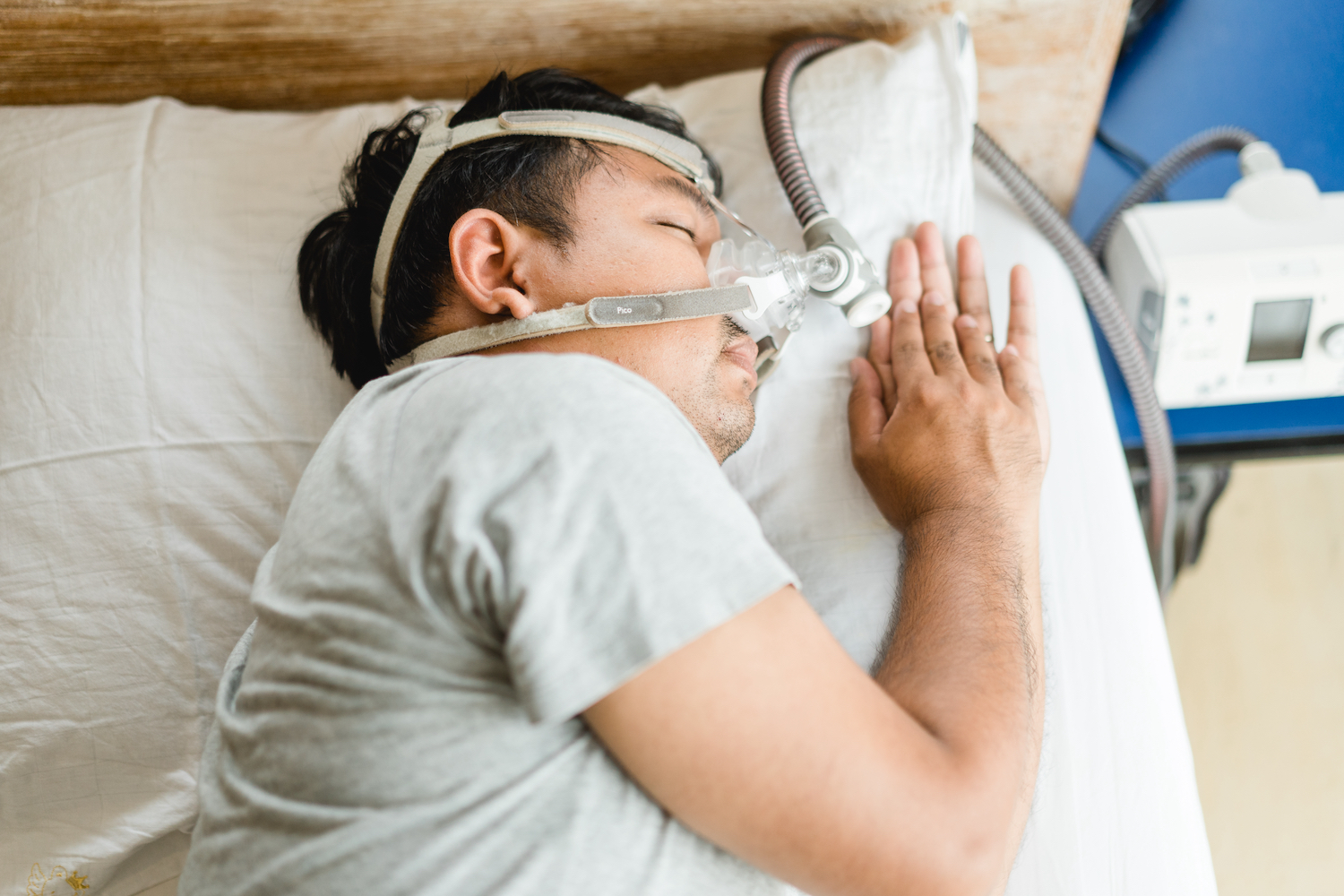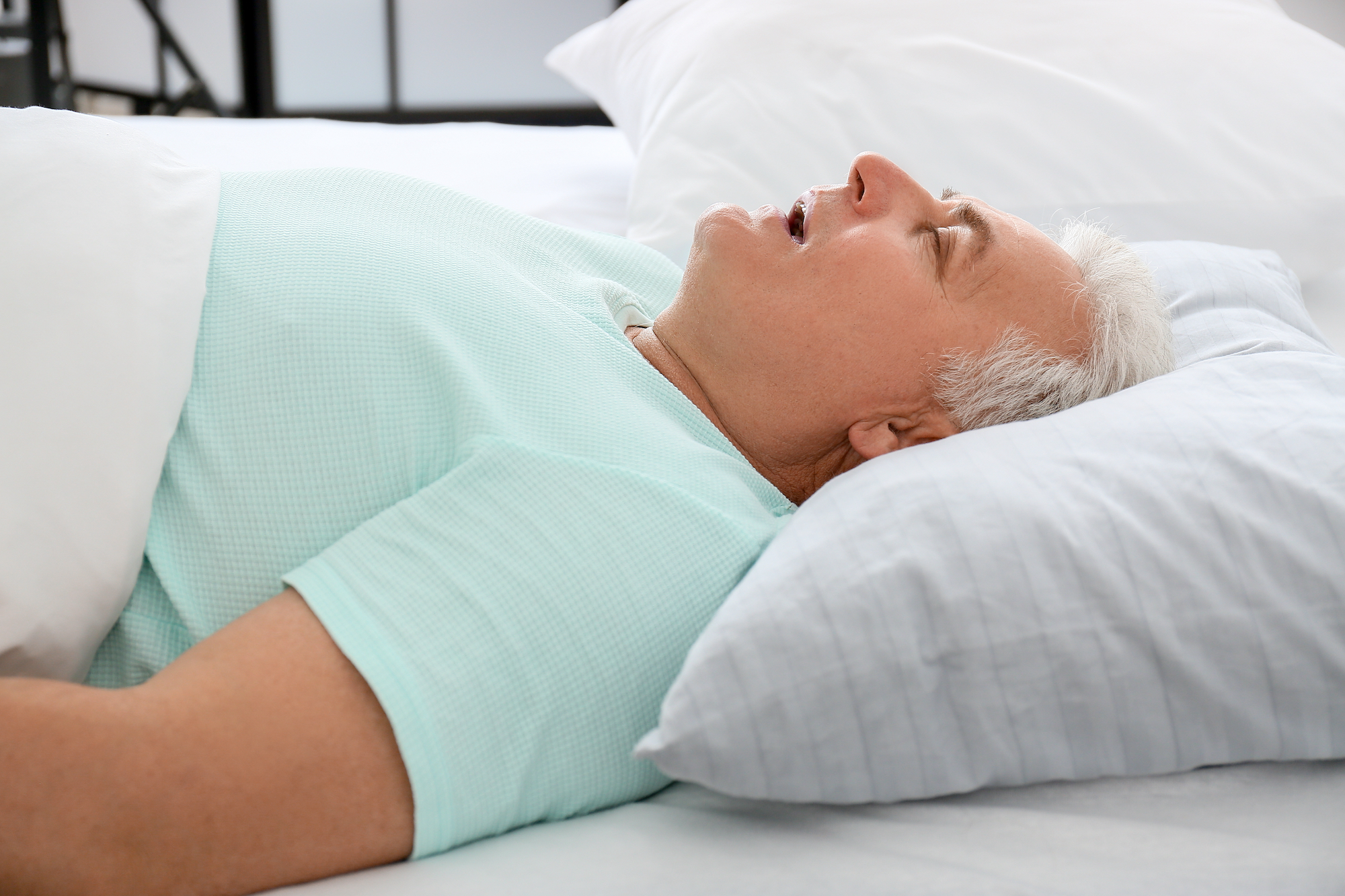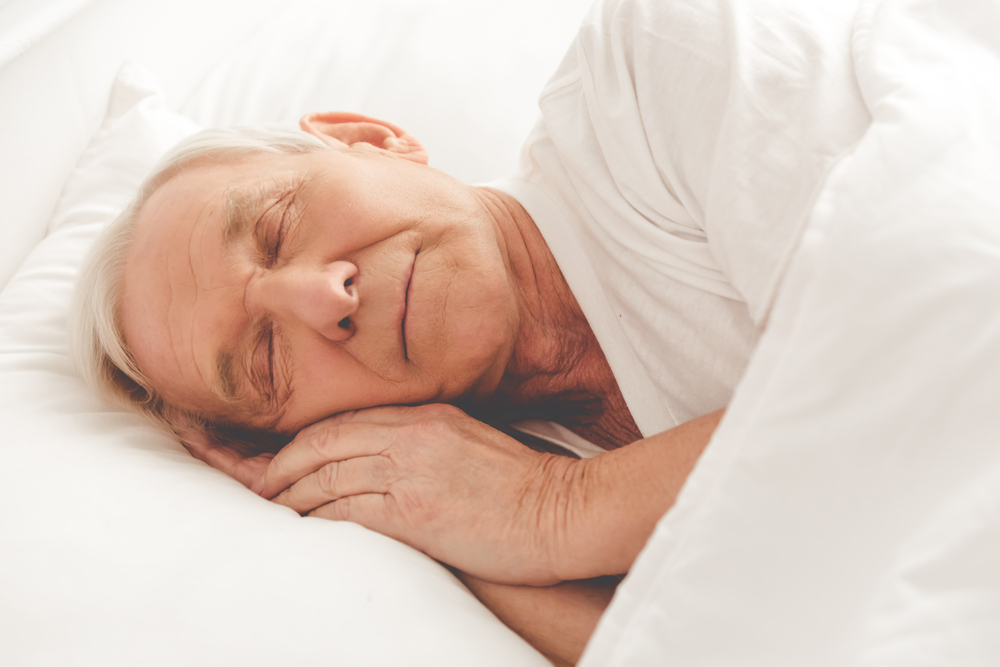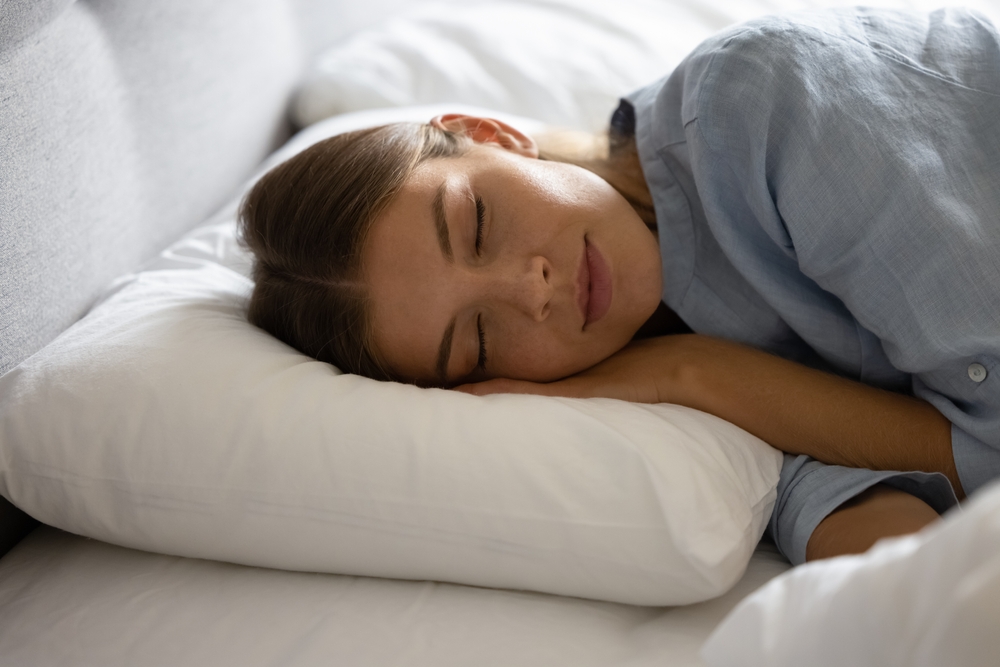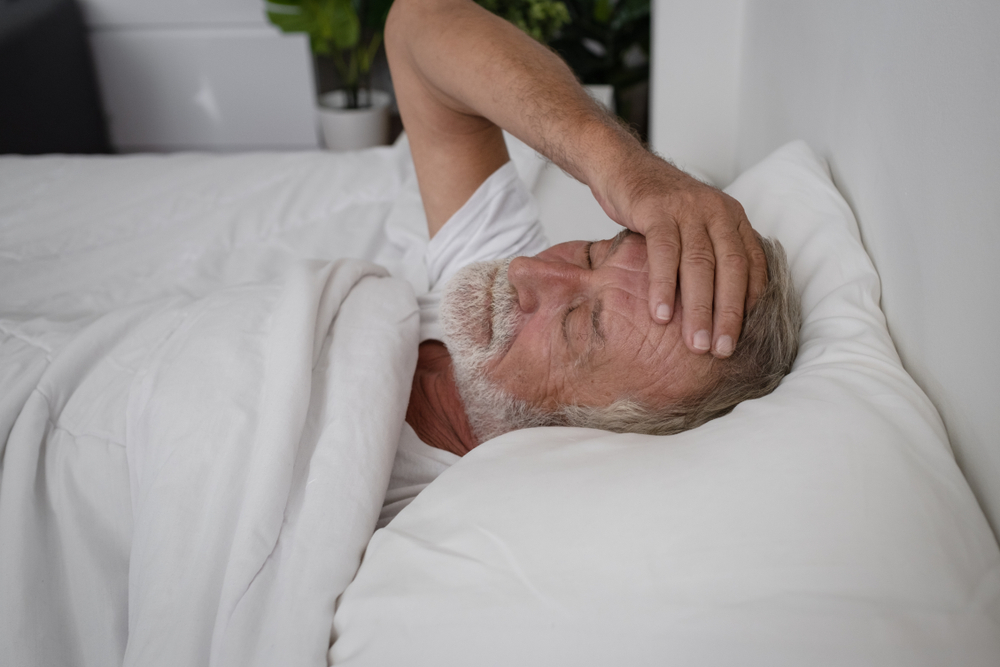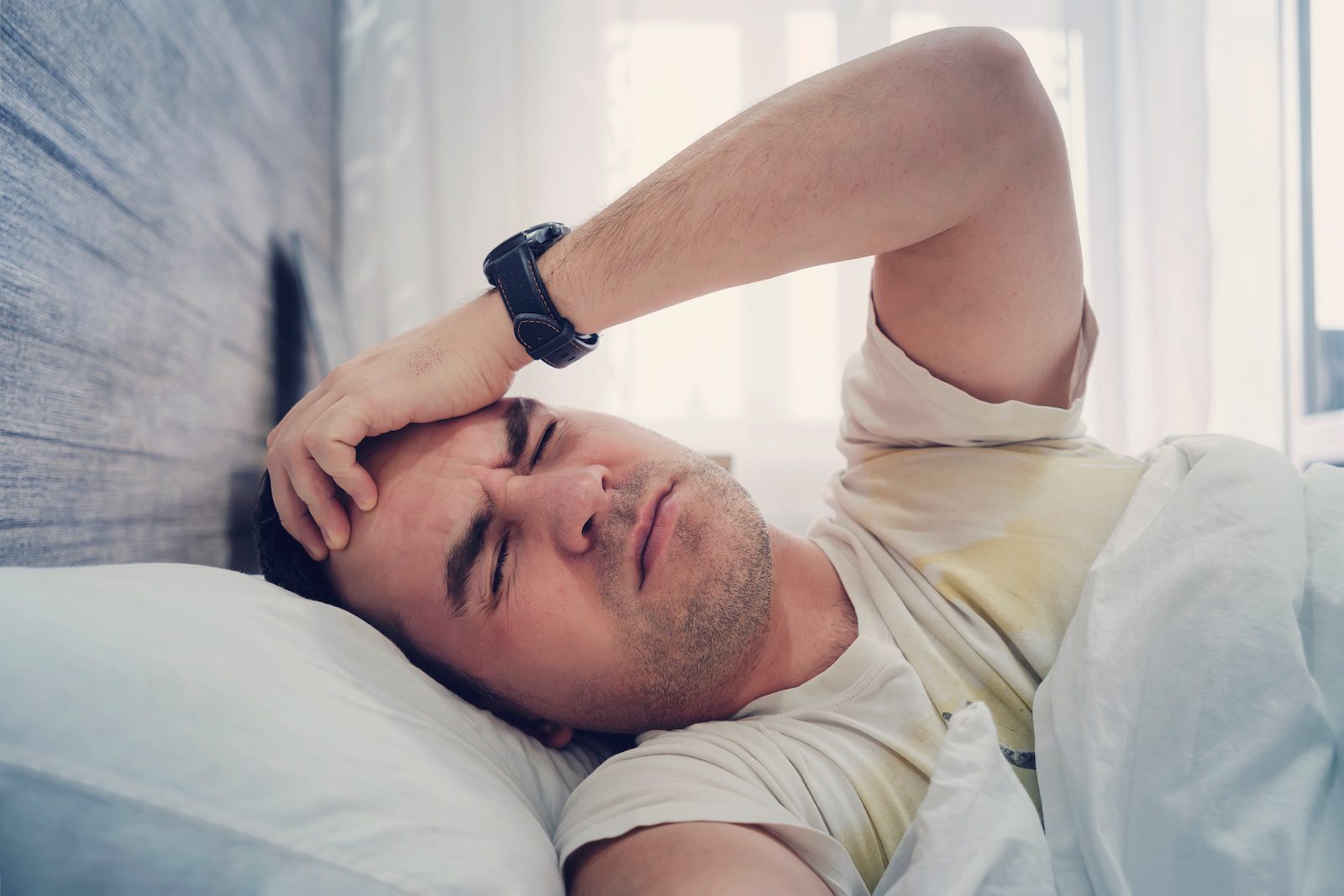Allergies are exceedingly common. In fact, as many as 30% of U.S. children and adults experience nasal congestion caused by exposure to allergens in their environment. A stuffy nose and other common allergy symptoms, like a cough and excess mucus production, can make it difficult to sleep comfortably at night.
Nighttime allergies can also interfere with the treatment of sleep apnea. Fortunately, there are several ways to reduce nighttime allergies and prevent symptoms from interfering with sleep apnea treatment.
We discuss what causes allergies, how allergies can affect sleep as well as the treatment of sleep apnea, and what you can do to prevent allergies in your home.
What Causes Allergies?
Allergies develop when a person’s immune system responds to allergens, which are substances that don’t cause harm to the majority of people. The immune system is an important defense against harmful germs and substances, but in the case of allergies, the immune system becomes overly sensitive.
Substances that commonly act as allergens include:
- Dust mites
- Pollen
- Animal dander
- Foods, such as nuts, egg, milk, fish, wheat
- Fungal spores or mold
- Topical drugs or beauty products
- Insect droppings
- Insect bites or stings
- Latex
Allergic reactions can vary in severity from minor to very serious. Symptoms of an allergic reaction often depend on where the allergen came into contact with the body. For example, allergens that are inhaled may cause symptoms in the nose and throat, while allergens that come into contact with the skin may cause a rash or hives.
Symptoms of an allergic reaction may include:
- Runny nose
- Skin rash
- Sneezing
- Cough
- Nasal congestion
- Inflammation
- Itching
- Asthma
In some people, allergies can be life-threatening. Anaphylaxis occurs when a severe allergic reaction affects the entire body. This type of severe reaction most often occurs in people who are allergic to medications, foods, or insect bites and is uncommon in people allergic to pollen or other allergens that are inhaled.
How Allergies Can Impact Sleep
Allergies can impact sleep when allergy symptoms flare up at night and when allergens are present in the bedroom.
One contributor to sleep issues in people with allergies is nighttime congestion. After a person comes into contact with an allergen, blood vessels in their nose may become inflamed. When this happens, the person feels congested and may find it harder to breathe through their nose.
Along with other allergy symptoms like coughing and increased production of mucus, nasal congestion can reduce sleep quality, cause nighttime awakenings, lead to sleepiness the following day, and increase the risk of sleep disorders like obstructive sleep apnea.
Allergies and Sleep Apnea
Allergies can worsen or lead to the development of obstructive sleep apnea, a type of sleep apnea caused by recurrent collapsing of the upper airway.
Nasal congestion can increase mouth breathing and lead to inflammation in the nose and airway, which makes these passages more narrow. As breathing through the nose and throat becomes restricted, a person may begin to snore. More severe breathing restrictions can lead to sleep apnea symptoms and cause a person to wake up during the night.
Congestion can also interfere with sleep apnea treatment. For example, nasal congestion can make it difficult to use continuous positive airway pressure (CPAP) therapy if a person’s CPAP mask covers only their nose. For this reason, doctors may recommend that people with allergies take medications and use a full face mask that covers both the nose and mouth.
Why Are Allergies Worse at Night?
Allergy symptoms may become worse at night if allergies are triggered by dust mites or other allergens present in the bedroom or on bedding. Also, shifting from standing up during the day to lying down in bed at night can increase mucus production and nasal congestion, making allergies feel worse at night.
How to Improve Sleep With Allergies
If nighttime allergies are interfering with your sleep, the first step is to talk to your doctor. A doctor can evaluate your allergy and sleep symptoms, recommend any necessary testing, and offer specific steps to improve your sleep.
While working with your doctor, you may also want to try to avoid any allergens that you are sensitive to.
Replace Air Filters
Replace air filters in your air conditioning, heating, and fans on a regular basis. Over time, air filters accumulate dust and pet dander. If they get clogged, they may not be as effective at filtering out allergens from the room. Experts recommend using high-efficiency particulate air (HEPA) filters when possible to decrease the amount of allergens in the air.
If you’re being treated for obstructive sleep apnea, clean and replace your CPAP’s air filter on a regular basis, according to the schedule provided by your CPAP’s manufacturer or provider. CPAP devices may have foam filters that are reusable or paper-like disposable filters. Typically, you can clean a reusable filter with mild soap and water on a weekly basis.
Close Your Windows and Doors
Outdoor allergens like pollen and molds can be difficult to avoid, but you can reduce your exposure by keeping the windows of your car and home closed and staying indoors during allergy season.
Also, consider bathing before sleep so as not to bring outdoor allergens attached to your skin and hair into your bed. You can also try a saline nasal spray after coming back inside from the outdoors to flush allergens out of your nasal passages.
Wash Your Bedding Frequently
Wash your bedding with warm water and soap on a regular basis to get rid of dust mites. Moreover, consider replacing your mattress and pillow covers with ones that are designed to reduce dust mites. Such covers are synthetic fabrics that have a tight weave so allergens cannot easily penetrate the fabric.
Clean Your Home Regularly
Vacuum, dust, and repair water leaks in your home to keep dust mites, cockroaches, mildew, and mold away. Use a HEPA filter in the vacuum cleaner to capture more allergens. Also, try to keep food in fully sealed packaging so as not to attract insects.
Still have questions?
Sleep apnea products can be confusing. If you need individualized assistance, send us an email at [email protected] with your questions and we'll help find the best fit for you.



